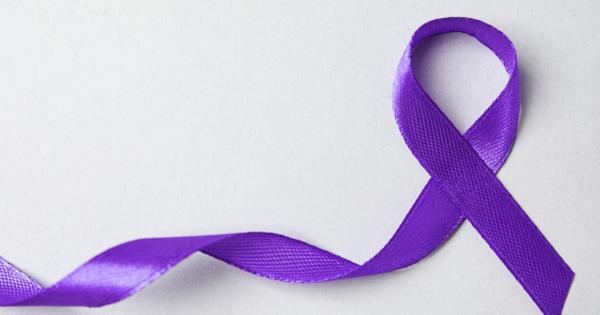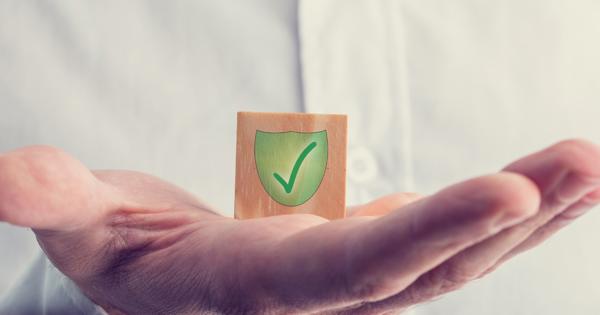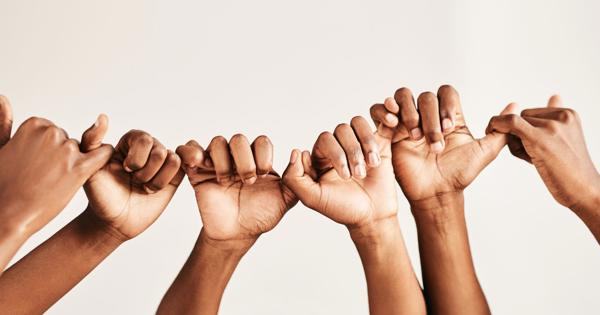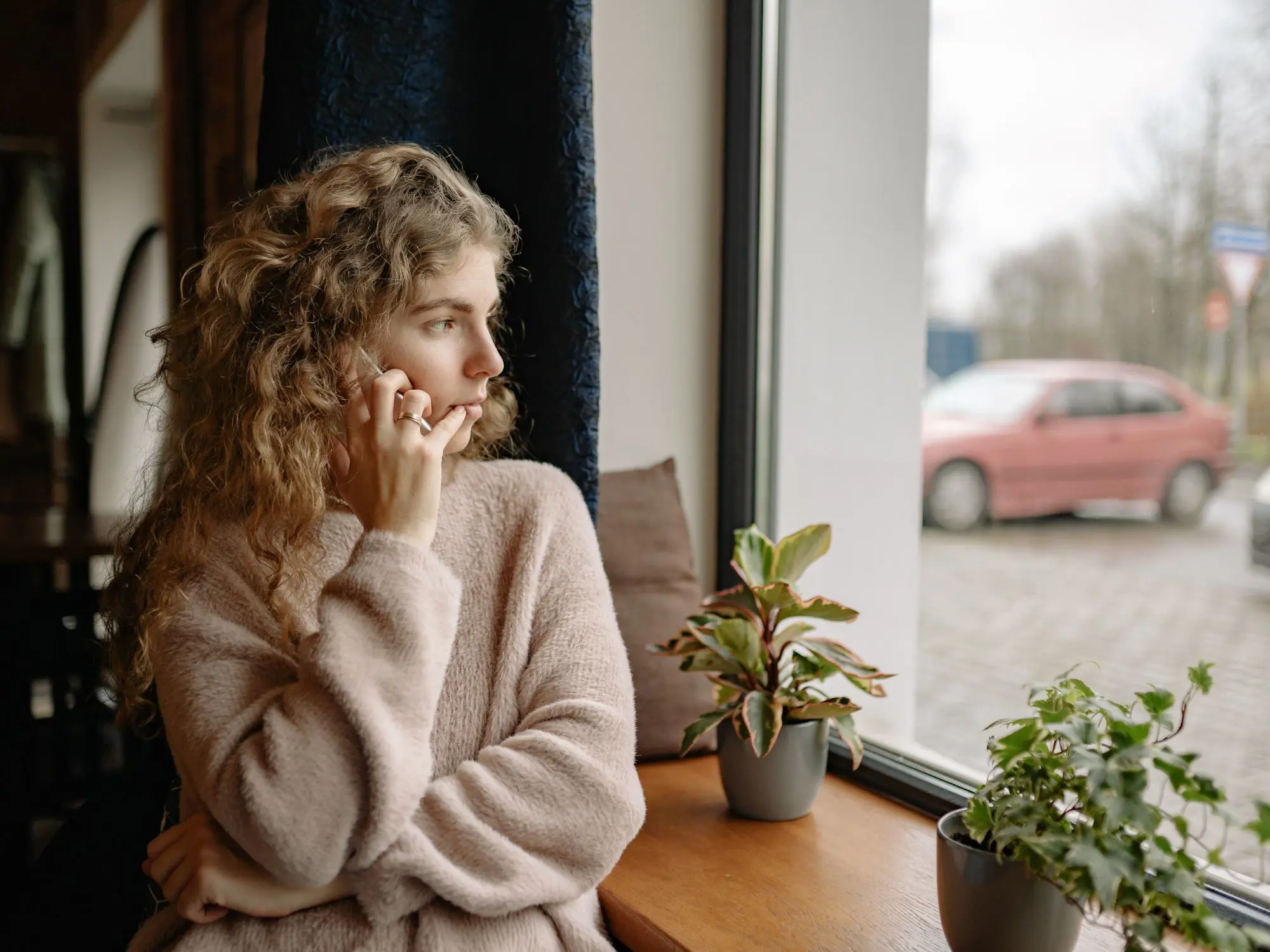What is cuckooing?
Cuckooing is a form of exploitation where criminals take over the home of a vulnerable person—often someone who is elderly, has mental health issues, or struggles with addiction. They use the property to conduct illegal activities, such as drug dealing, storing weapons, or other criminal operations. The victim may be coerced, threatened, or manipulated into allowing this, and often feels unable to escape the situation.
How perpetrators cuckoo victims
- Grooming and manipulation - building trust before exploiting the person.
- Offering drugs, money, or companionship - to gain access to the property.
- Using intimidation or threats - to maintain control.
- Moving in gradually - starting with short visits, then staying overnight, and eventually taking over.
- Isolating the victim - discouraging contact with friends, family, or support services.
- Taking over finances - controlling benefits, bank accounts, or possessions.
Signs that cuckooing might be happening
- Unusual visitors at all hours.
- Increased anti-social behaviour around the home.
- The resident appears anxious, withdrawn, or fearful.
- Sudden changes in the resident’s routine or appearance.
- The home looks neglected or damaged.
- The resident stops engaging with neighbours or support services.
- Suspicious smells or sounds coming from the property.
- The resident seems to have lost control of their home.
What to do if you suspect some is being cuckooed in your community
Please let us know if you are aware of this happening in your area. You can call the Police on 101 or 999 in an emergency or call us on 0330 303 3000 where your call will be treated in the strictest of confidence.
Further support and information on cuckooing
If you’re concerned about cuckooing or want to learn more, Merseyside Police offers guidance, support, and ways to report concerns.
Help protect people from cuckooing in Merseyside | Merseyside Police
Related

Domestic abuse
Check out this page for information about what domestic abuse is, how SLH can help, and to report domestic abuse using our online form.

Safeguarding
We are committed to playing our part in keeping our customers safe in their homes and their communities. This means helping to protect children and adults from abuse or neglect.

Community safety links and resources
Here's a useful list of contacts for victims of anti-social behaviour (ASB) and those experiencing problems with drugs and alcohol.

